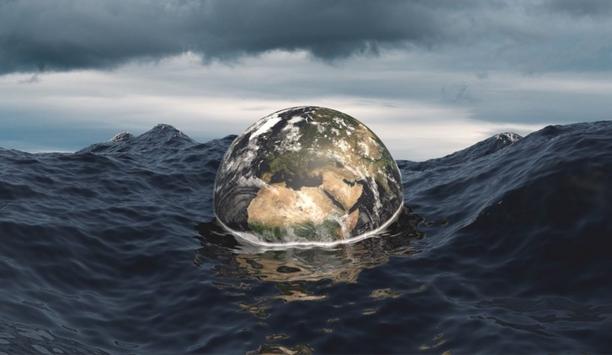Rising costs - Harbour insights
Ammonia is gaining traction as a future fuel in the maritime industry, primarily due to its potential to significantly reduce greenhouse gas emissions. A key driver for ammonia's interest is that it can be carbon-free when combusted, which aligns with the maritime industry's increasing pressure to meet emissions regulations. However, most ammonia production currently relies on fossil fuels. Transitioning to "green ammonia" production is crucial for sustainability. If "green ammonia" is produced...
The Dark Fleet refers to a network of vessels that operate outside of standard maritime regulations, often used to transport sanctioned goods such as oil. These shadowy vessels are also referred to by terms such as Parallel Fleet and/or Shadow, Gray or Ghost fleet. The terms are all manifestations of the same thing – ships that are owned, structured, and operated to avoid exposure to sanctions. Fleet of ships “In fact I would prefer that we use the term Parallel Fleet because it m...
Carbon capture and storage (CCS) can contribute to decarbonisation of the maritime industry, especially when combined with other approaches. CCS allows ships to continue using fossil fuels while capturing and storing the emitted CO2. It’s a helpful interim approach if a vessel’s immediate transition to alternative fuels is not feasible due to infrastructure limits or technology constraints. CCS can extend a vessel’s operational lifespan, both reducing emissions from existing v...
U.S. President Joe Biden has signed an Executive Order aimed at shoring up the cybersecurity of U.S. ports, a move fuelled by mounting concerns about the vulnerability of this critical infrastructure to cyberattacks. This initiative marks a significant shift in policy, empowering key agencies and outlining concrete actions to bolster defences. By empowering key agencies, establishing clear standards, and fostering collaboration, the initiative aims to strengthen U.S. ports against the evolving...
Backlogged ports, a shortage of shipping containers and not enough workers are among the factors contributing to supply chain disruptions that have led to shortages of various goods and are likely to impact availability of merchandise, during the upcoming holiday season. Demand is growing rapidly as the impacts of the COVID-19 global pandemic have diminished. However, lingering consequences of the pandemic are continuing to impact the container shipping market. With each element in the system t...
If the ocean were a national economy, it would be the seventh largest in the world. Contributions of the oceans to energy production, transport and sustainable food production are essential to the global economy. In the global ‘blue economy,’ environmental protection and economic growth are intrinsically linked, especially in the maritime industry. The European Union has detailed a realistic agenda for the blue economy to play a major role to achieve the objectives of the European...





